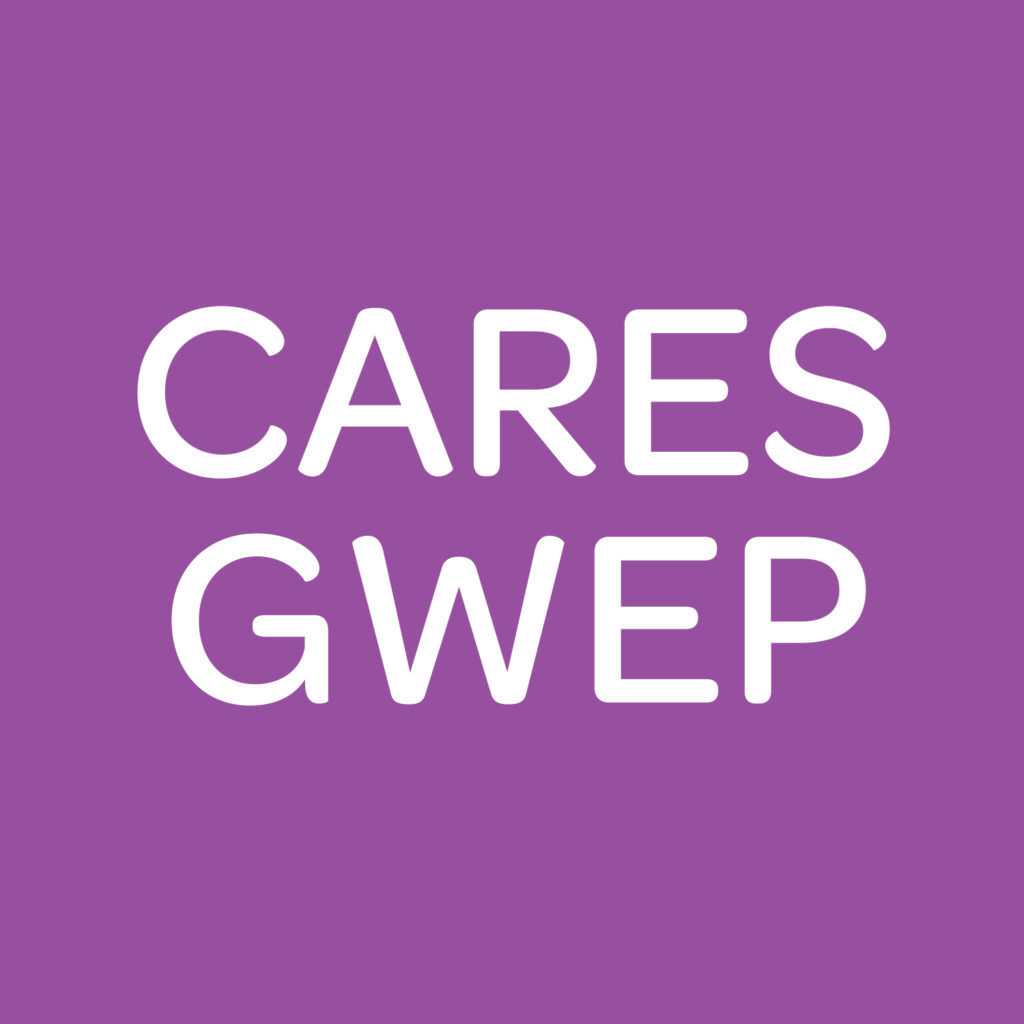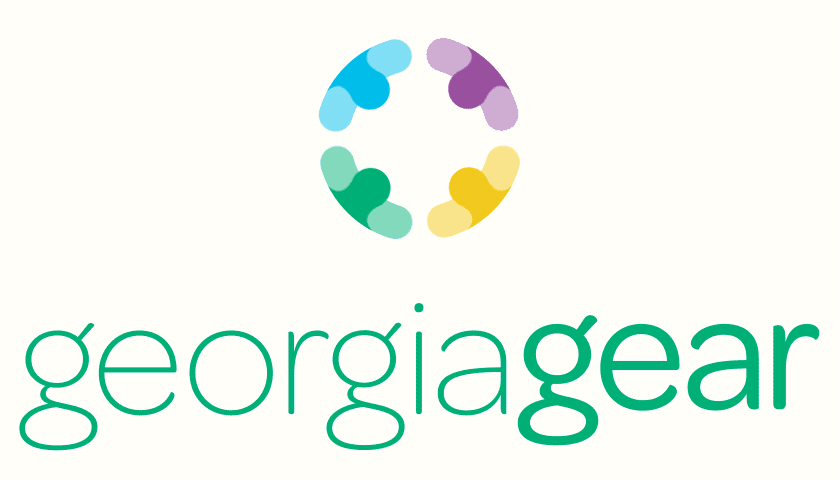CARES GWEP
Partner Program
The overall goal of the CARES GWEP Supplement Program is to develop more effective ways to monitor and manage patients with confirmed or suspected COVID-19 remotely with self-administered mobile surveys and remote physiologic data monitoring.
The Virtual Outpatient Management Clinic (VOMC) provides COVID-19 positive patients with video visits with COVID-19 specific management.
The Emory Healthcare ILI registry tracks confirmed COVID-19 and patients with influenza-like illnesses (ILIs) suspected to be COVID-19. There are four primary sources for this registry: patients discharged from the emergency department, patients discharged from the hospital, patients screened by the central COVID-19 nurse hotline, and patients tested in one of our COVID-19 testing sites. The creation of this registry allows us to monitor more patients in our population and ensure there are minimal gaps in care.
We are increasing communication frequency to patients in the registry by implementing daily Tonic self-reported symptom and vital sign surveys that the patients complete at home on a mobile device. These will be used to identify patients that need video visits. The increased demand for video visits will be matched with partial decentralization of COVID-19 management, which will be shared with primary care providers. The newly integrated primary care providers will receive education on the currently recommended methods.
To improve the effectiveness of our interventions we will add additional interventions that will help care providers identify patients at risk of decompensating early. The first intervention is standardized escalation of care based on the daily Tonic surveys. If patients report subjective worsening, resting hypoxia defined by 93-96%, or ambulatory hypoxia 90-93% they will be triaged for a possible video visit. Any resting oxygen level less than 93% will be directed to the emergency department. Selected patients will also be given a Medtronic home monitoring pulse-oximetry device and will obtain readings in 15-minute blocks while sitting, twice per day.
Patients with elevated resting heart rate, abnormal heart rate variability, or respiratory rate greater than 25 will be triaged for possible video visits. The data from the Tonic surveys and the Medtronic device will be used to further refine criteria to intervene early. As data is obtained and optimized, we will begin educating providers at partner facilities. Our existing outpatient management toolkit will be updated based on our results, including any updates to management strategies.

